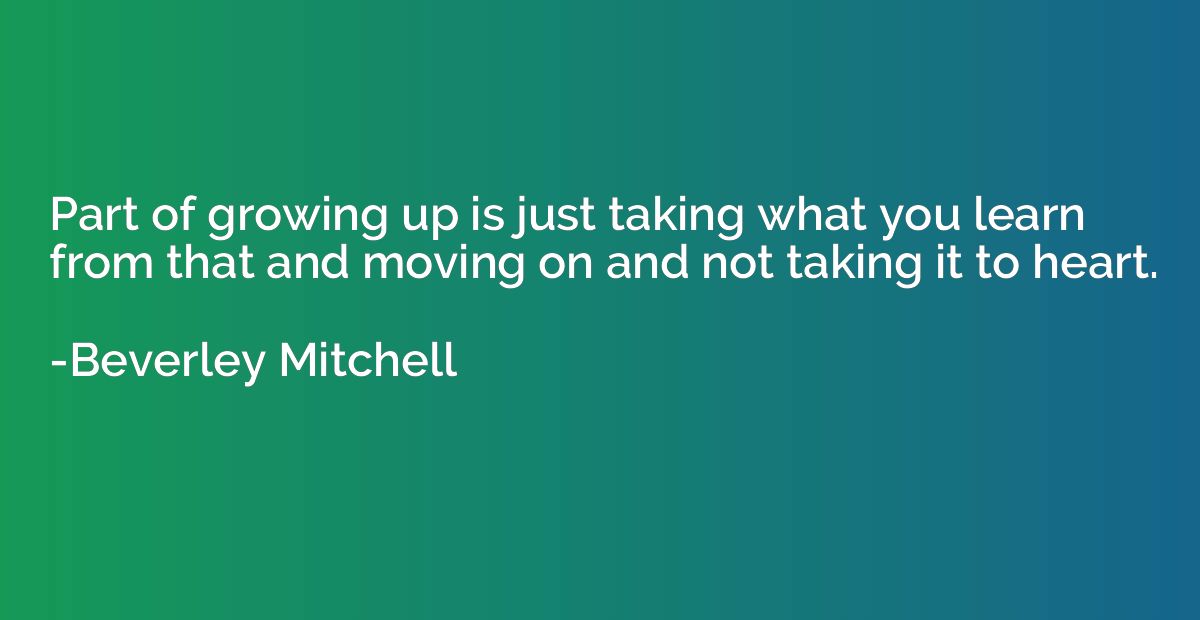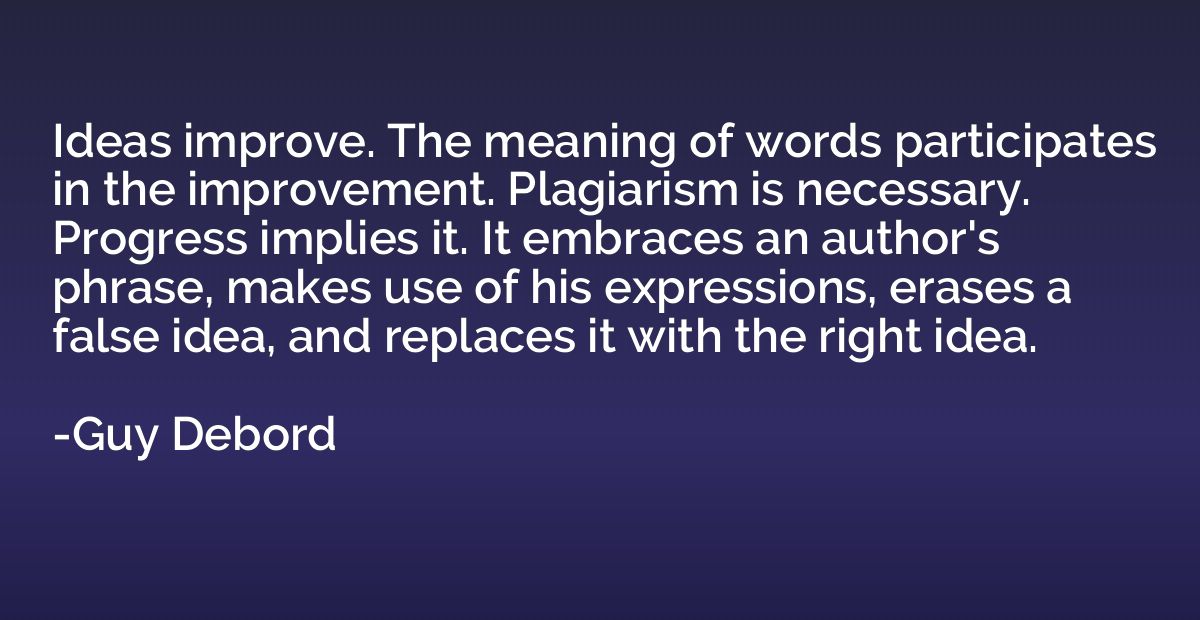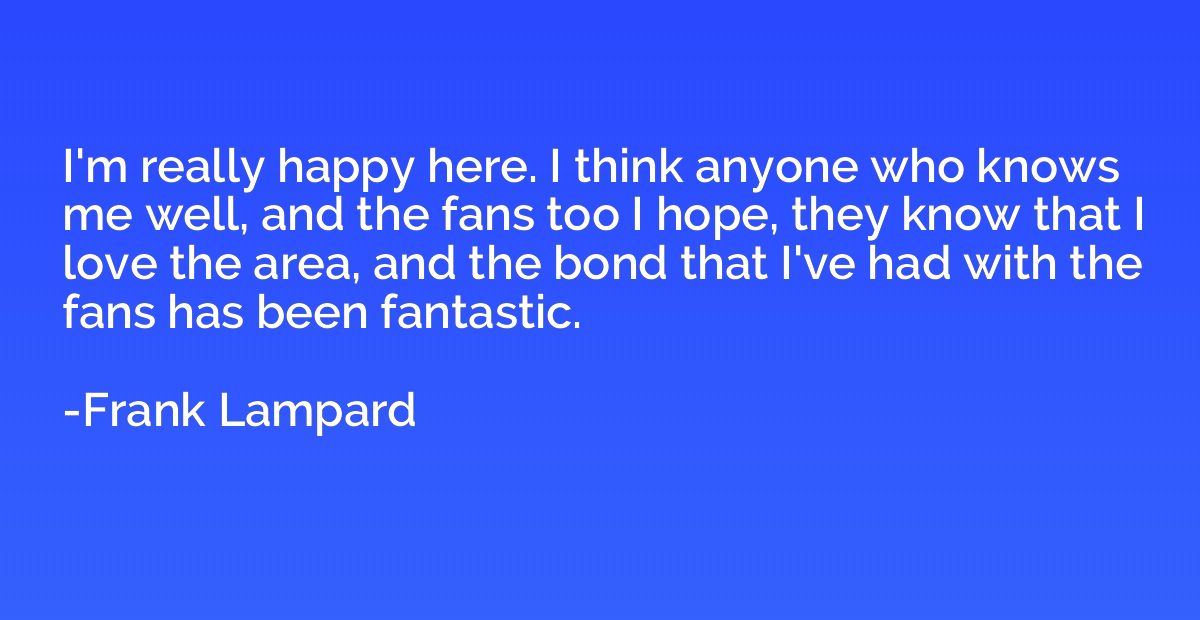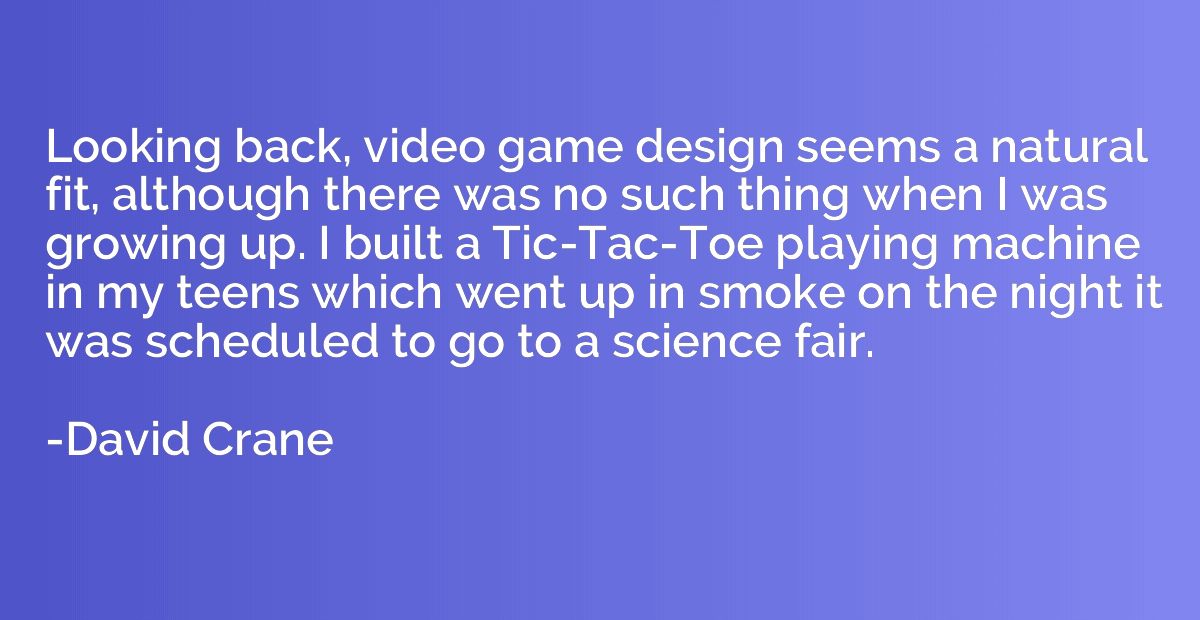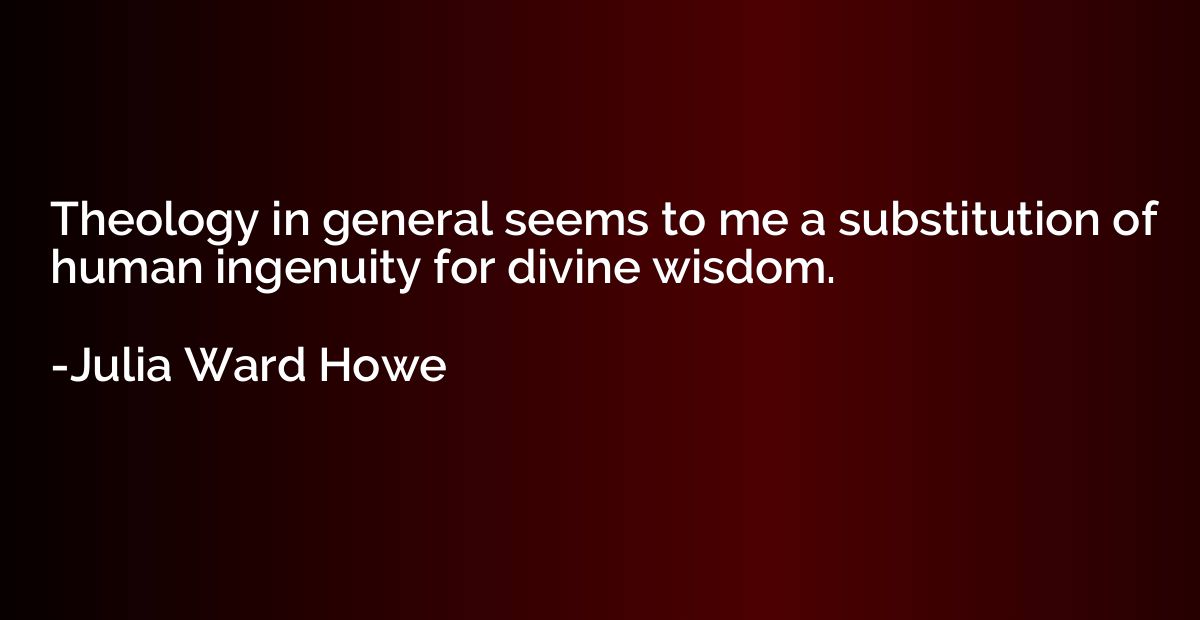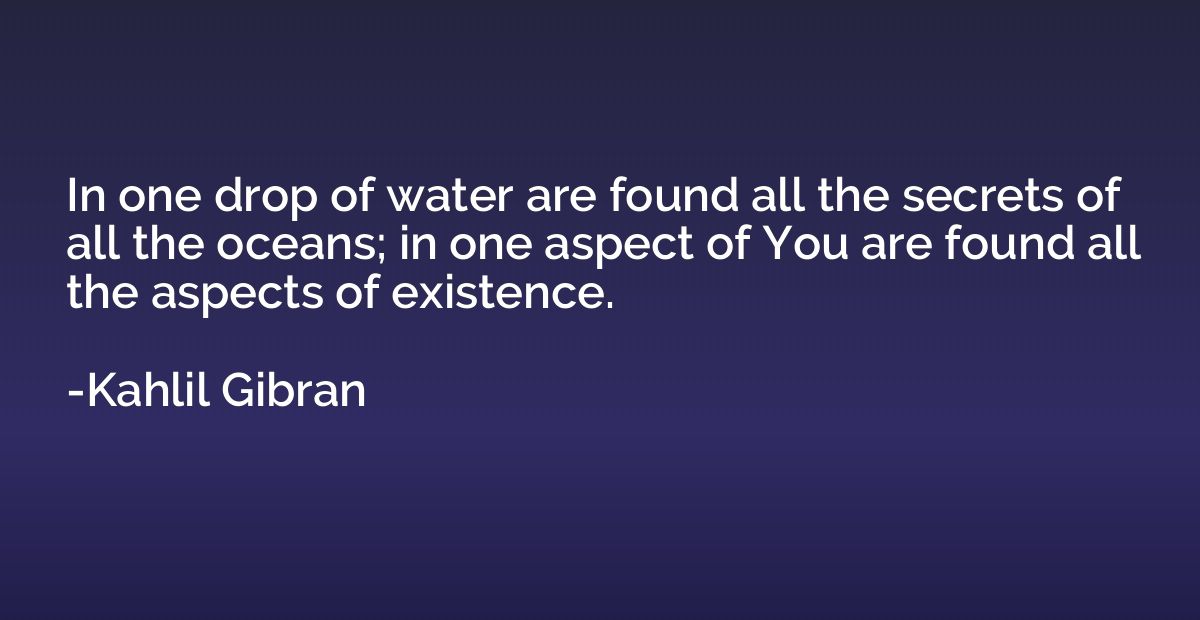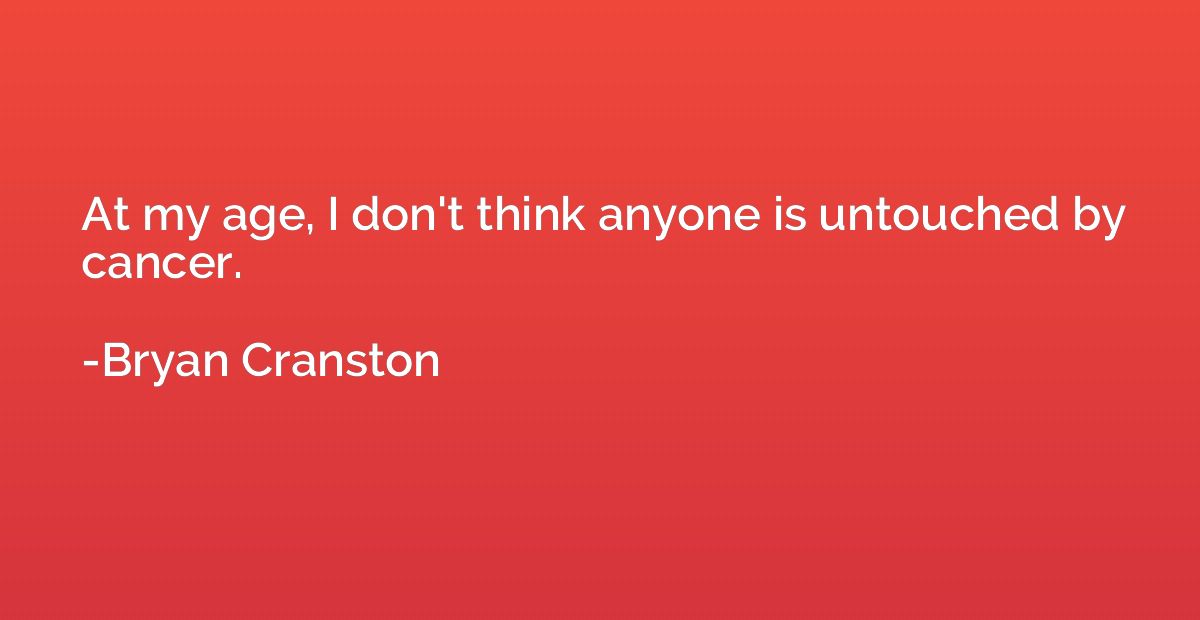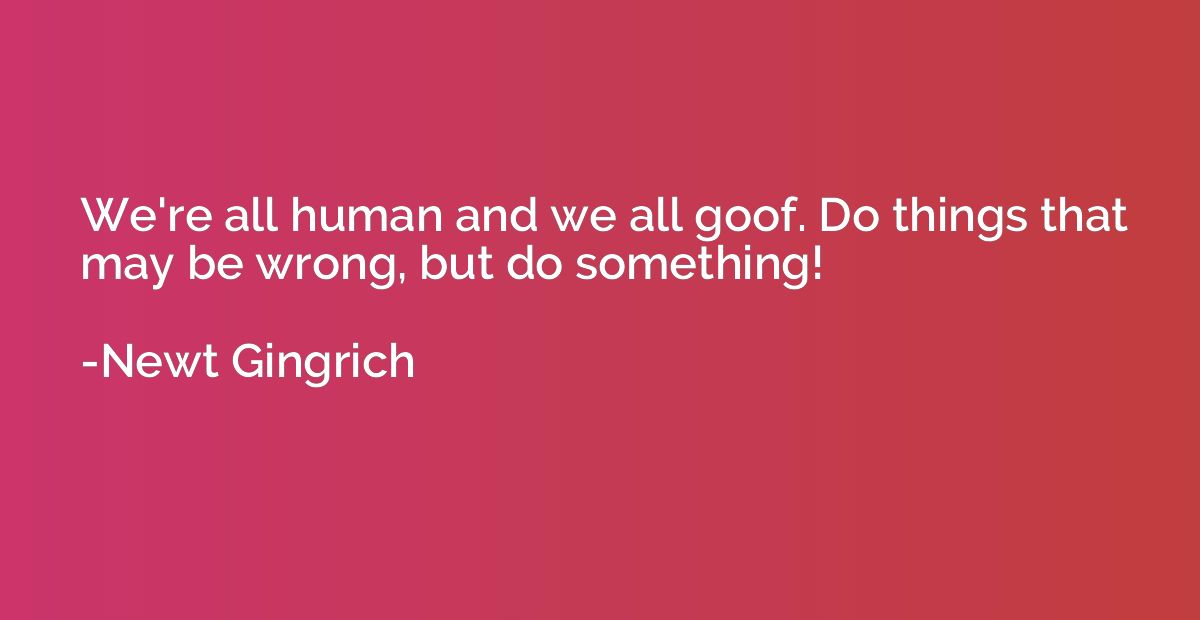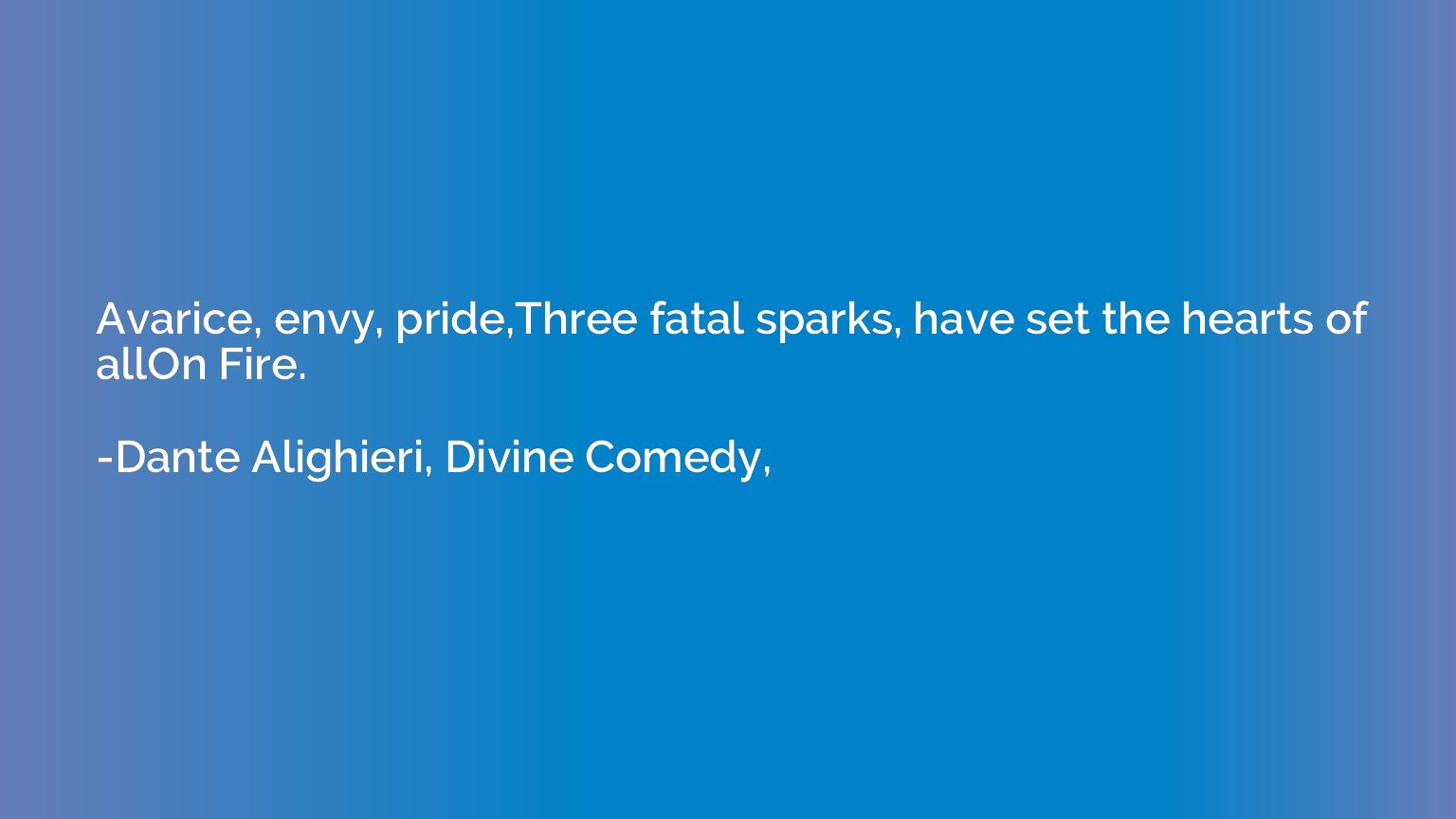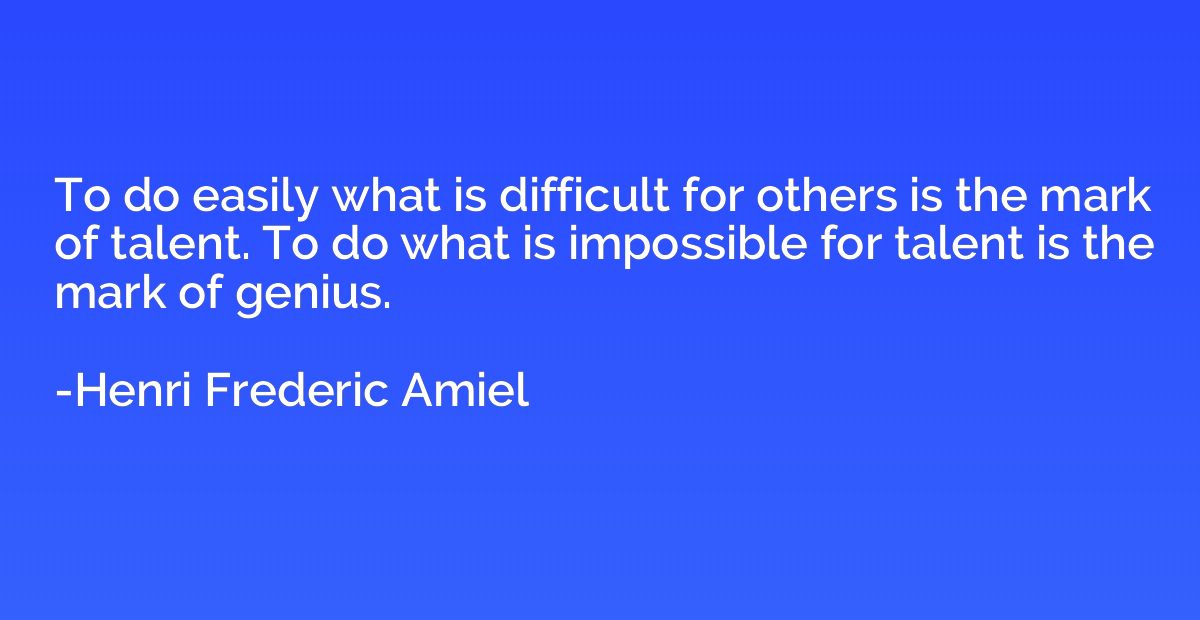Quote by Theodore Rubin
Happiness does not come from doing easy work but from the afterglow of satisfaction that comes after the achievement of a difficult task that demanded our best.
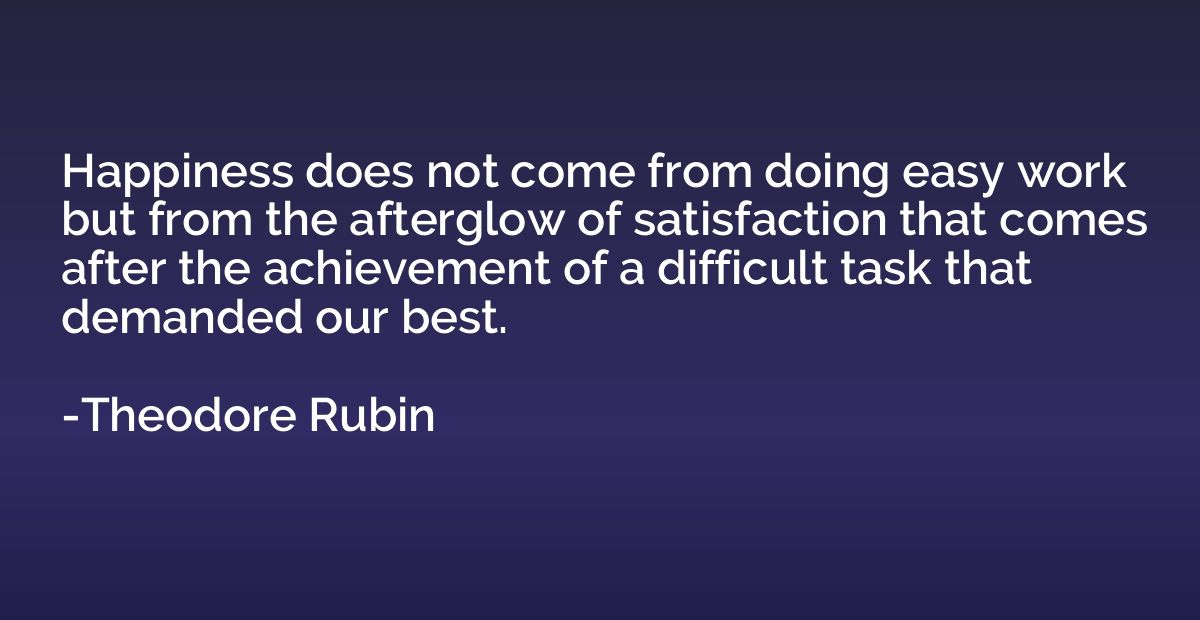
Summary
This quote suggests that true happiness does not come from engaging in easy or effortless tasks, but instead from the sense of fulfillment and contentment that follows the completion of a challenging endeavor. It emphasizes the importance of putting in one's best effort and facing difficulties head-on to attain a sense of accomplishment and lasting happiness. The quote implies that true happiness is not found in the absence of challenges, but rather in the journey of overcoming them and realizing one's potential.



